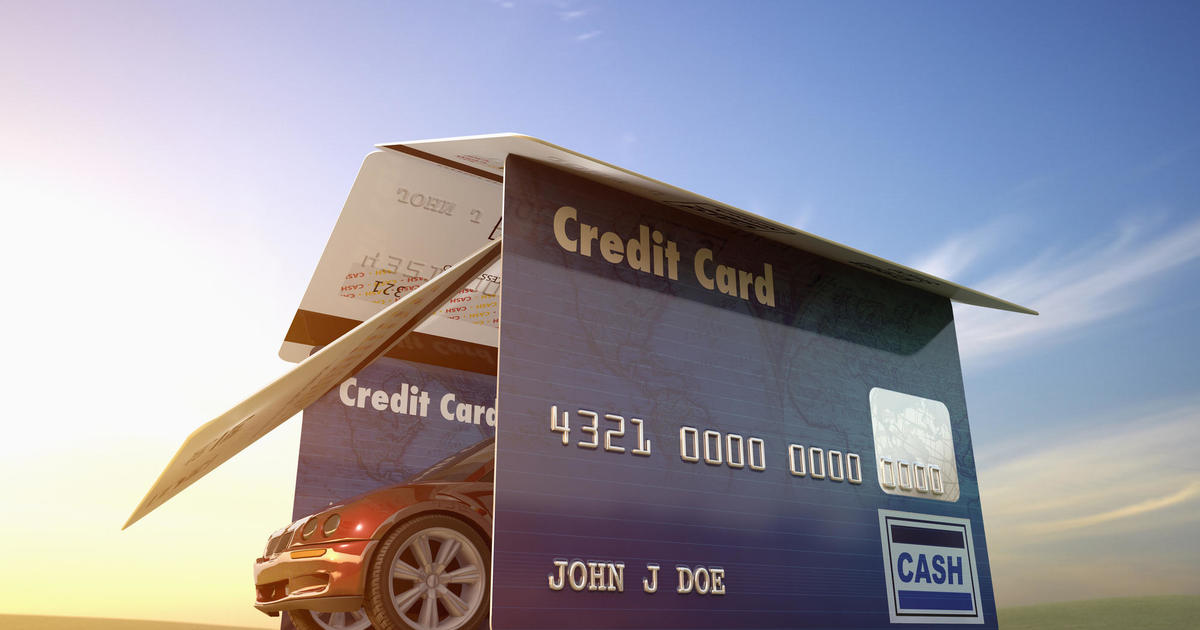How to make the most of your higher take-home pay
Your paycheck is about to get bigger, thanks to the Tax Cuts and Jobs Act passed last December. And if you use this opportunity to get your financial act together, this windfall could permanently change your life for the better. The key: Don't spend all of the additional income.
Here's how you can use this newfound money to your best advantage.
What's happening
The new tax law changes the way most people pay income taxes. It doubles the standard deduction, which means millions of people will no longer need to itemize to get the most out of their tax deductions. It also eliminates personal exemption credits, lowers some tax rates and provides a bigger refundable credit to lower- and middle-income families who have children.
The U.S. Treasury estimates that 90 percent of American households will get a tax break as a result. However, higher-income households in high-tax states are likely to pay more in income taxes because the law also limits some itemized deductions, such as those for home mortgage interest and state income and property taxes.
The precise impact on you will vary based on your income, deductions and other circumstances. However, the Tax Policy Center estimates that the average household will save about $133 per month, or $1,600 per year.
Moreover, because the tax law also lowers corporate rates and encourages companies to repatriate billions of dollars that they've held overseas, more than 150 companies have already responded to the bill by promising to raise their minimum wage and provide rank-and-file employees with bonuses, which could further pad your paycheck.
Found money
Because this tax savings is income you probably didn't expect nor plan for in your budget, it can give you the ability to solve long-term financial challenges without creating any short-term budgeting pain. However, the key is to act now, before you ramp up your spending in response to the bigger paychecks.
What should you do?
Estimate the impact
Because the law institutes sweeping changes -- lowering tax rates while eliminating many itemized deductions -- its impact is widely disparate, said Greg Brown, a certified public accountant with the San Francisco accounting firm of Sensiba San Filippo.
People who itemize in many high-tax states, such as California and New York, are likely to pay more. Those who typically take the standard deduction could pay considerably less. The best way to estimate how your tax situation may be affected is to do a projection, either with your tax preparer or online. TaxAct, a tax software company, has an online calculator that may help estimate your 2018 tax if you don't have your own preparer.
Take it monthly
A lot of people consider tax refunds a sort of forced savings plan that gets them a big windfall in April. But the smarter way to get your tax money back is to adjust your withholding so that you get a portion of the refund each month through higher paychecks.
Why is that smarter?
Because you can save or invest this money throughout the year and earn interest or investment returns. Your company's human resources department can help you adjust your withholding so that most of your tax refund will be returned to you through higher paychecks throughout the year.
While you're at it, find out if your employer is among those that will be hiking pay in response to the law and whether you'll be on the receiving end of this largess. If so, estimate the monthly impact of that, too.
Seize the moment
Before you get accustomed to bigger paychecks and start adding to your entertainment budget, figure out how much should be set aside to feed your long-term goals and which goals get priority. Do you have high-cost credit card debt? Does your lack of emergency savings make you sweat every time your car makes a funny noise or needs new tires? Are you saving nothing for retirement, or too little to get a full 401(k) match, assuming your employer offers one?
You don't need to sock away every newfound dime, but designating at least half of this windfall to solving long-term problems would be wise.
"If you get an extra $80 a month, it would be easy to just spend it," says Yung-Yu Ma, chief investment strategist with BMO Wealth Management. "The government would love that because it would drive the macroeconomy, but what's better for the overall economy is not necessarily beneficial to the average household. You need to make a conscious decision about how much of this money should be saved."
Understand the impact
Setting aside a portion of your tax savings may seem like a drop in the bucket, but if you use the money to create an emergency fund, it can keep you a little safer from the precipice of financial ruin if you suffer a job loss or a big economic upset. If you have high-cost credit card debt or if your bolstered paycheck allows you to start saving for retirement, even incremental savings could have a great impact by making you thousands of dollars richer over time.
Consider this: If you make the minimum payment against a $3,000 credit card debt at 24 percent interest, it will take you more than 15 years and cost $4,887 in interest charges to pay off that loan. But if you took just half of the monthly $133 in average savings -- $66.50 -- and added it to your required $90 monthly payment, you'd pay off the debt in just over two years and save more than $4,000 in interest charges.
What would happen if you applied the same $66.50 to your 401(k) account? If you get no employer match, but earn 9 percent on your money -- 10 percent is the long-term average return on a diversified portfolio of stocks -- you'd accumulate $12,869 in 10 years and $121,744 after 30 years.
However, if your employer provides a 50 percent match, as many do, your account would grow to nearly $183,000 in 30 years.




